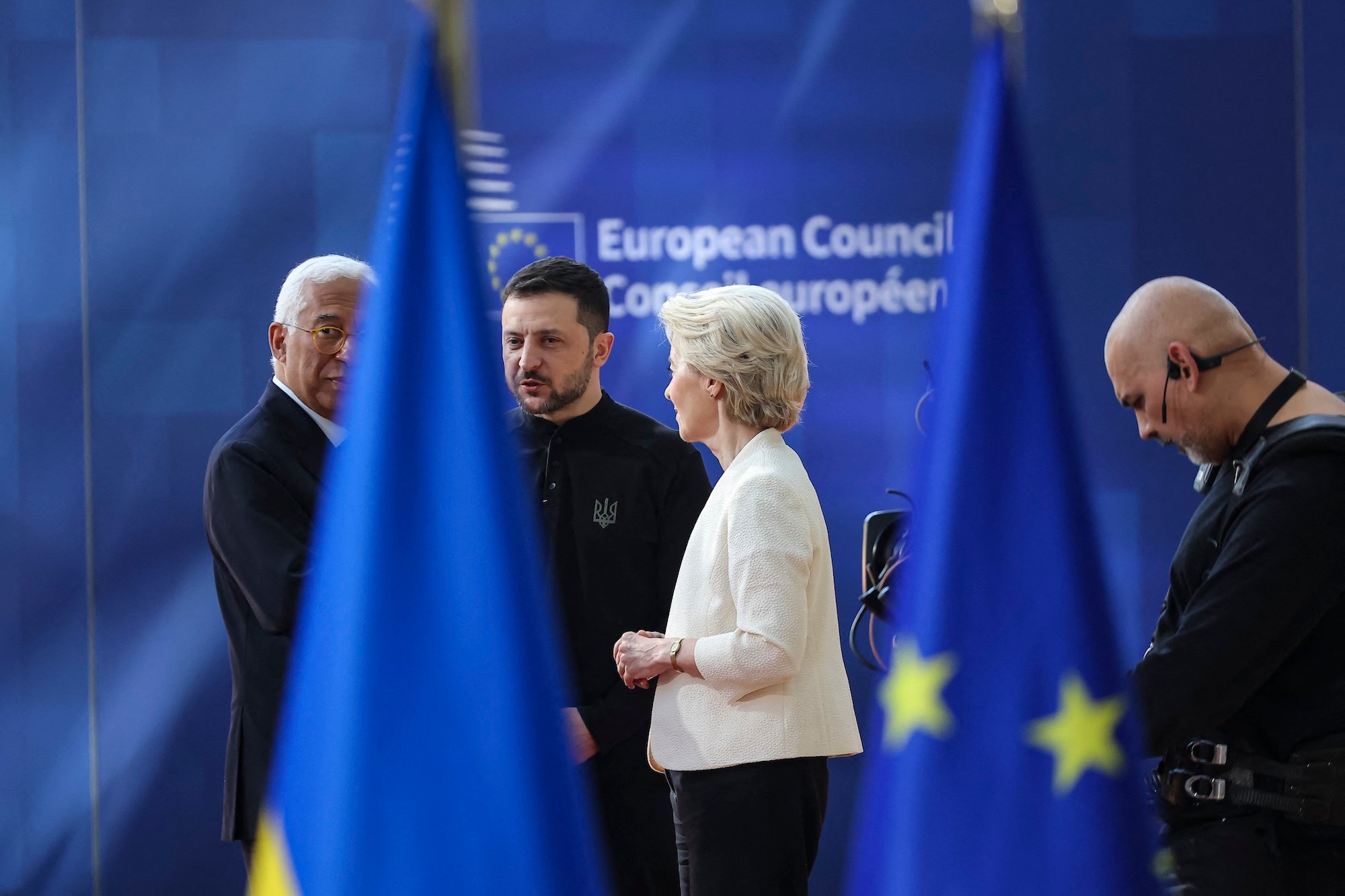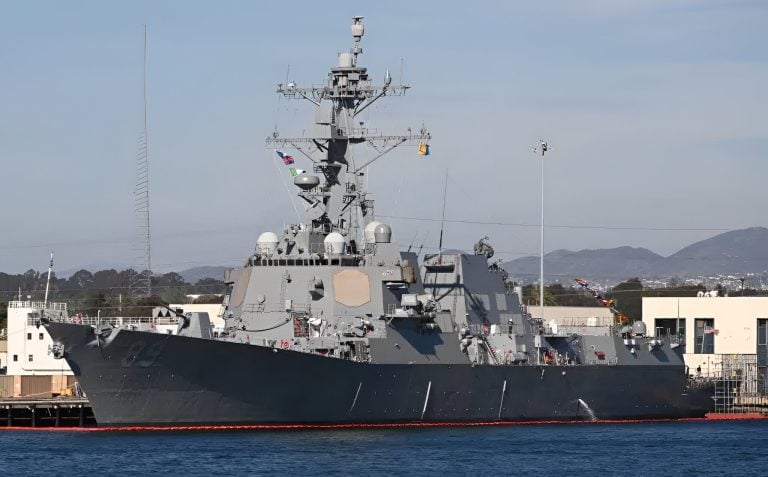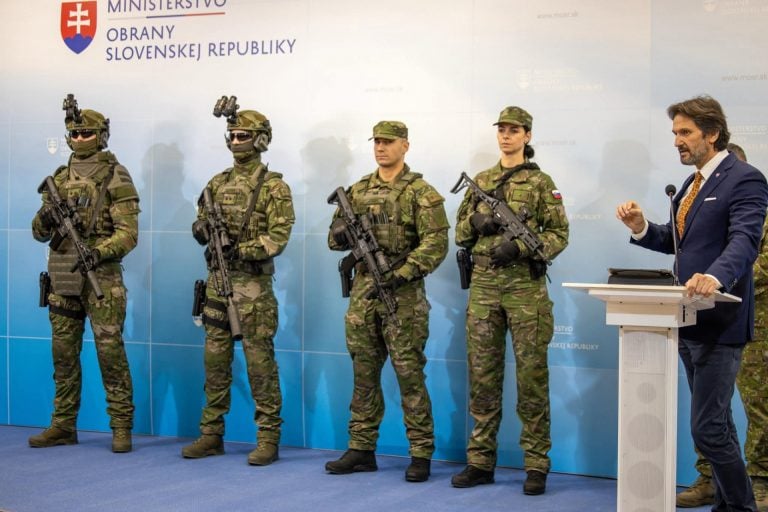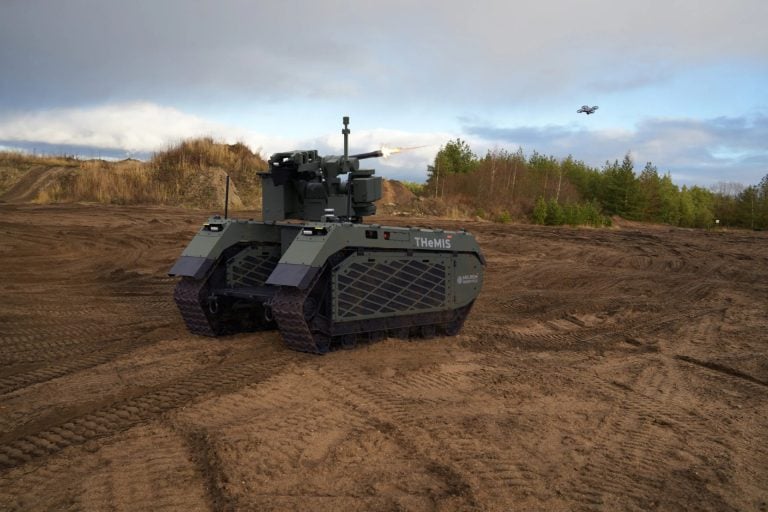During a recent event hosted by The Times, historian Niall Ferguson delivered a stark assessment of the UK’s Strategic Defence Review, succinctly declaring it inadequate. His commentary painted a concerning image of defense capabilities in Europe, where he anticipates a potential collapse of Ukraine and a Russian invasion of Lithuania. In describing the gravest scenario for the UK, Ferguson suggested that nuclear devastation could not be dismissed, pointing out the nation’s lack of fully independent nuclear capabilities.
Ferguson’s predictions might be interpreted as alarmist, given his history of controversial statements, such as his assertion that a victorious Germany in World War I would have led to a peaceful Europe free from communism and Fascism. However, his analysis resonates with broader anxieties shared by many European governments, which are increasingly uncertain about the reliability of American support. As a result, these nations are urgently seeking to strengthen their military forces.
In Germany, a significant legislative move saw two-thirds of Bundestag members voting in favor of increased spending on defense and infrastructure. Meanwhile, UK opposition leader Keir Starmer proposed raising defense spending to 2.5% of GDP by 2027, and French President Emmanuel Macron called for EU states to commit to substantial collective funding for defense and security.
Despite these efforts, the underlying issues within European defense remain troubling. Unlike the United States, where funding is directed toward innovative, smaller firms through agencies like the Defense Advanced Research Projects Agency (DARPA), Europe has grown accustomed to relying on a limited number of established defense contractors. This reliance has hindered rapid innovation and adaptability in response to evolving military threats.
Political strategist Dominic Cummings has emphasized the need for a British counterpart to DARPA, arguing that military innovation offers broader economic benefits and has historically driven technological advancements, such as the internet and Google. Although initiatives like the Advanced Research and Invention Agency (ARIA) have been launched, they currently lack the substantial impact needed to foster meaningful innovation.
Compounding these challenges is the reluctance of smaller, innovative defense companies to gain visibility and influence within the military sphere. These companies often struggle to compete with larger primes like Lockheed or BAE due to limited lobbying power and public awareness. Effective communication about their contributions and the relevance of their innovations is essential, as the complex technical language typically used in defense discussions can obscure their importance.
Historically, the term “defense” carries negative connotations in Europe, which complicates efforts to attract investment and public support for defense initiatives. Outdated perceptions discourage firms from engaging in defense spending, limiting the potential for fresh ideas and technologies.
Ultimately, Europe’s defense future hinges significantly on its ability to embrace and showcase its most innovative and dynamic companies. If these companies remain unknown and untested in the eyes of defense leaders, the tendency will be to default to traditional suppliers, putting Europe’s long-term security at considerable risk. This scenario presents a grave concern for the continent’s ability to effectively respond to emerging threats.







